Fabrizio Carboni: ‘People tend to believe we can do things that we cannot do’
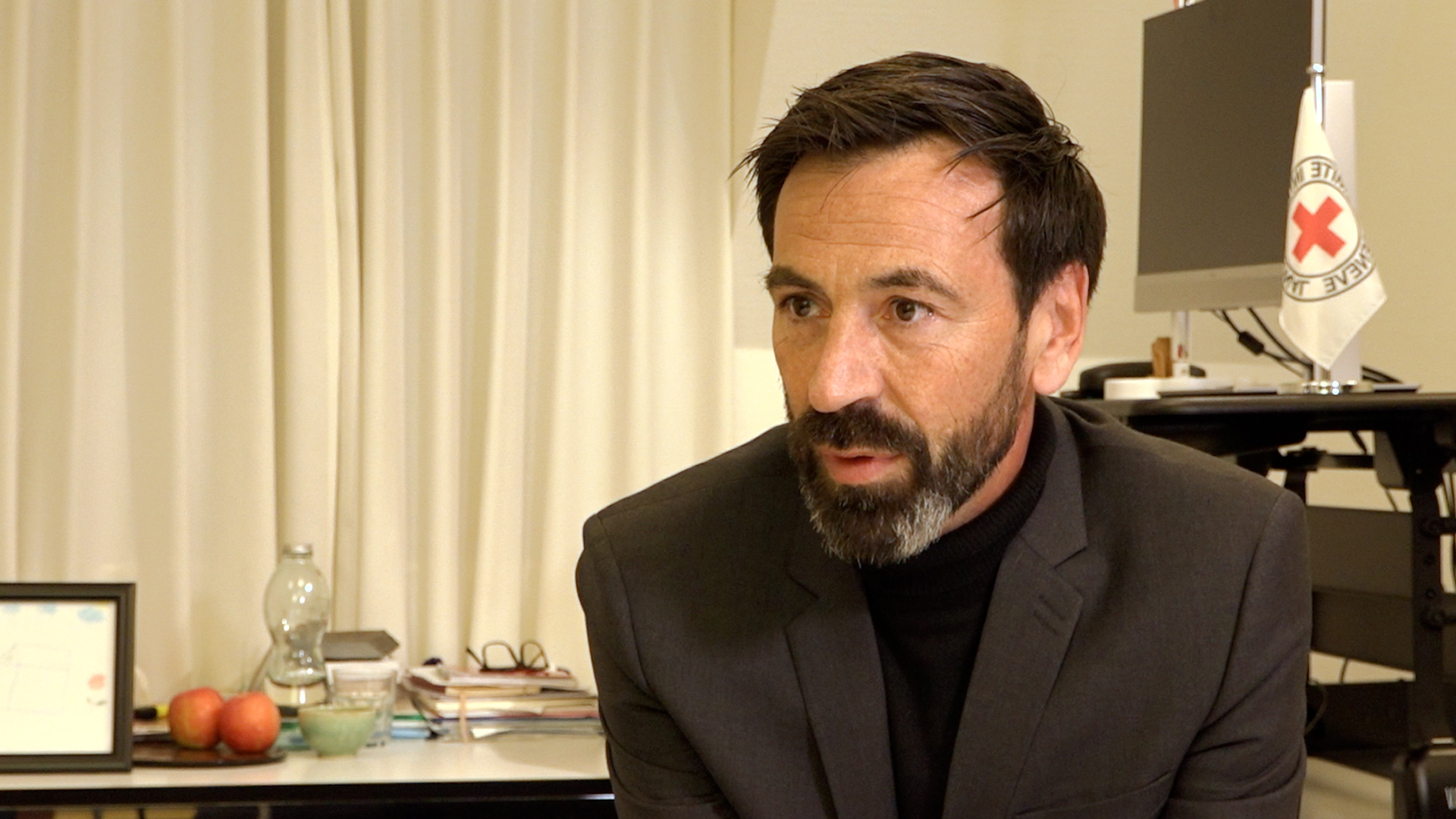
The ICRC has been facilitating the release of Israeli hostages held in Gaza, a delicate operation made possible by its neutrality. But the organisation’s work can be misunderstood, says its Middle East head.
“Tense” and “complicated”. These are the words Fabrizio Carboni, regional director for the Near and Middle East at the International Committee of the Red Cross (ICRC), uses to describe the past few days, as we meet him in Geneva on Monday evening. Over the past four days, his colleagues in Gaza had facilitated the release of 50 Israeli hostages who had been held in the Strip and 150 Palestinian prisoners jailed in Israel.
The daily releases of hostages and prisoners from Friday last week until Monday were part of an agreement between Israel and Hamas that also included a four-day truce. On Monday, both parties agreed to extend the deal for another two days until Thursday morning. And on Tuesday, ten more Israeli hostages were released in exchange for 30 Palestinian prisoners. The ICRC was asked to carry out the release and transfer of detainees. However, as the ICRC acts as a neutral intermediary, the organisation did not take part in negotiations.
Carboni says it is the ICRC’s ability to build “relationships of trust” with all parties in armed conflicts that has allowed the organisation to conduct – as it has many times in the past – such sensitive operations. This trust, he says, is built on the promise “that we will be neutral. We won’t comment on the political situation. We won’t take sides on why people are fighting or whether they have a right to use force”.
>>> Watch Fabrizio Carboni explain the importance of the ICRC’s neutrality. An extended version of this interview will be available on our Inside Geneva podcast on January 9.
“That allows us – when there is a release of hostages – to be on the battlefield, to get out in the middle of the night, go to a secret place, receive hostages. And at the same time, make sure that hundreds of kilometres from there, the same thing happens; in this case, with Palestinian detainees,” explains Carboni.
To an outside observer this might look like pure logistics. But becoming a trusted third party in an armed conflict between “parties who don’t trust each other, who want to kill each other,” is “extremely difficult” and cannot be done overnight, he says.
Access to hostages
In recent weeks, the ICRC had been criticised by, among others, Israel’s foreign minister Eli Cohen who said the organisation had “no right to exist” if it did not meet with the Israeli hostages held in Gaza. Under the Geneva Conventions, the ICRC has a special mandate to visit prisoners of war, check on their welfare, and exchange messages between them and their families. But it needs the approval of authorities to conduct visits.
“People tend to believe we can do things that we cannot do. We have no army. We have no weapons. There is not even a political weight that could force a party to do something they don’t want to do,” Carboni explains.
The ICRC has repeatedly called for the release of hostages and has asked to visit all detainees. But securing access to those held in Gaza is especially difficult. Places of detention are usually removed from the frontline. In Gaza, hostages are held in the middle of what has become a battlefield. “One: parties don’t want to give us access. And two: there is a security risk,” says Carboni.
Hospitals and international humanitarian law
The war has had a terrible impact on Gaza’s health system. According to the World Health Organisation, almost three quarters of hospitals in the Strip (26 of 36) have shut down due to damage from hostilities or lack of fuel. The Israeli military recently raided al-Shifa hospital, the largest in Gaza, after claiming Hamas was using tunnels beneath the facility as a hideout and to store weapons.
Carboni will not comment on whether hospitals have been used as military bases. “What I can guarantee is that within our confidential dialogue with all parties, we’ve been clear about what we know and what they should do,” he says.
Under international humanitarian law hospitals must be protected, meaning they cannot be targeted nor used for military purposes. If they lose their protection because soldiers use them, force needs to be used with precaution and proportionality.
A truce, then what?
The ongoing truce has allowed more humanitarian aid to enter the Gaza Strip. Its extension agreed on Monday is “good news” Carboni says, as it allows civilians to find some respite, the distribution of more aid, and the release of hostages and prisoners. But it is also “bittersweet” as it raises the question of “what happens after?”
“Humanitarian actors have no solution to this crisis because the solution is a political one,” he adds.
“If you don’t address the root causes of violence, it will happen again,” argues Carboni, who says decades of experience in conflicts around the world have taught the ICRC that focusing solely on “the security agenda” does not work.
The war in Gaza, “a closed place, densely populated,” has had a “devastating impact on the civilian population”, he says. “We’ve sent in Gaza our best and most experienced staff. And they were really affected by what they saw,” he adds.
According to Hamas, 14,854 people including 6,150 aged under 18 have been killed in Gaza by the Israeli military. The Hamas attack on October 7 has killed 1,200 people, according to Israel, which estimates the total number of hostages at 240.
For Carboni, it is regretful that the ICRC saying it cares for civilians on both sides of the conflict is “a really hard message to pass” today. “It’s possible to care about all of them without putting a hierarchy in suffering,” he adds.
Edited by Virginie Mangin/livm

In compliance with the JTI standards
More: SWI swissinfo.ch certified by the Journalism Trust Initiative










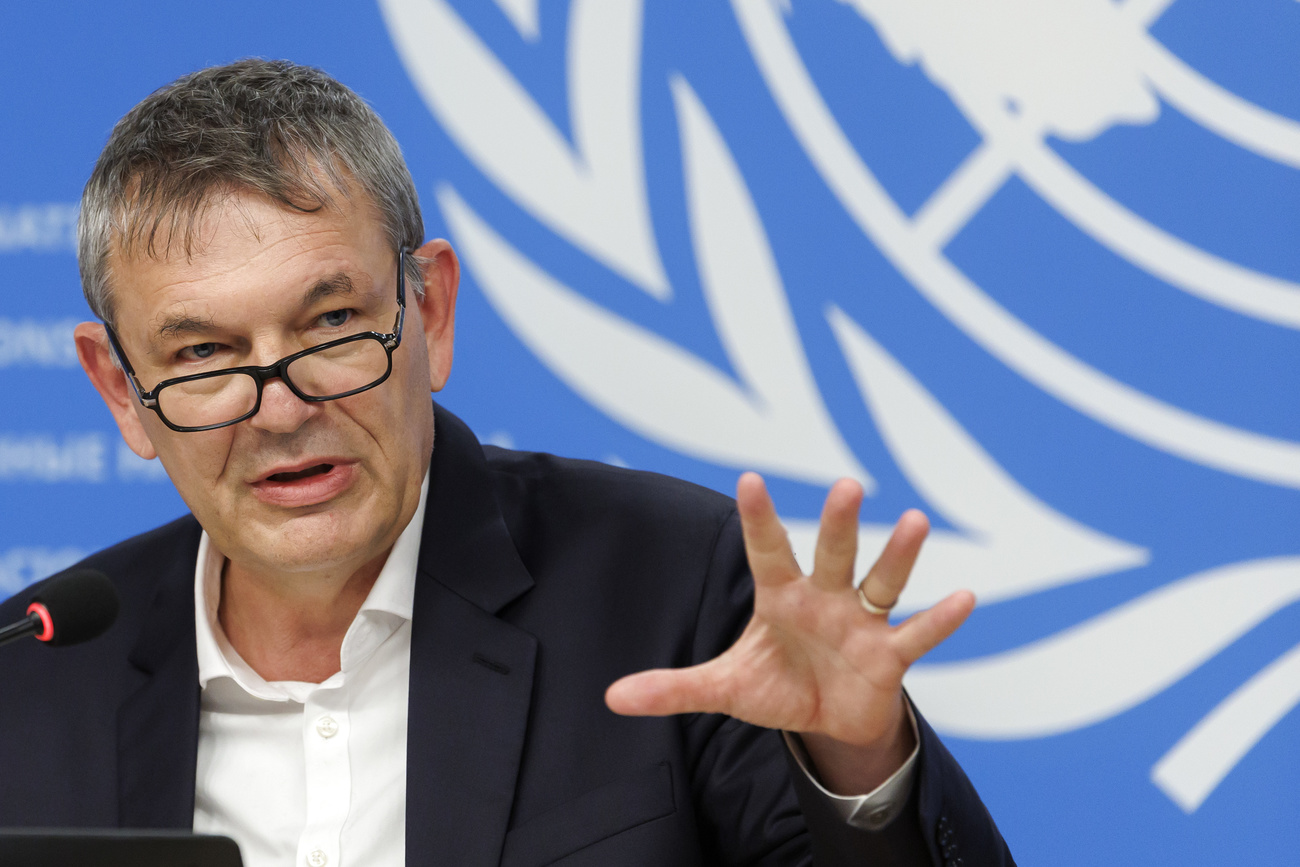
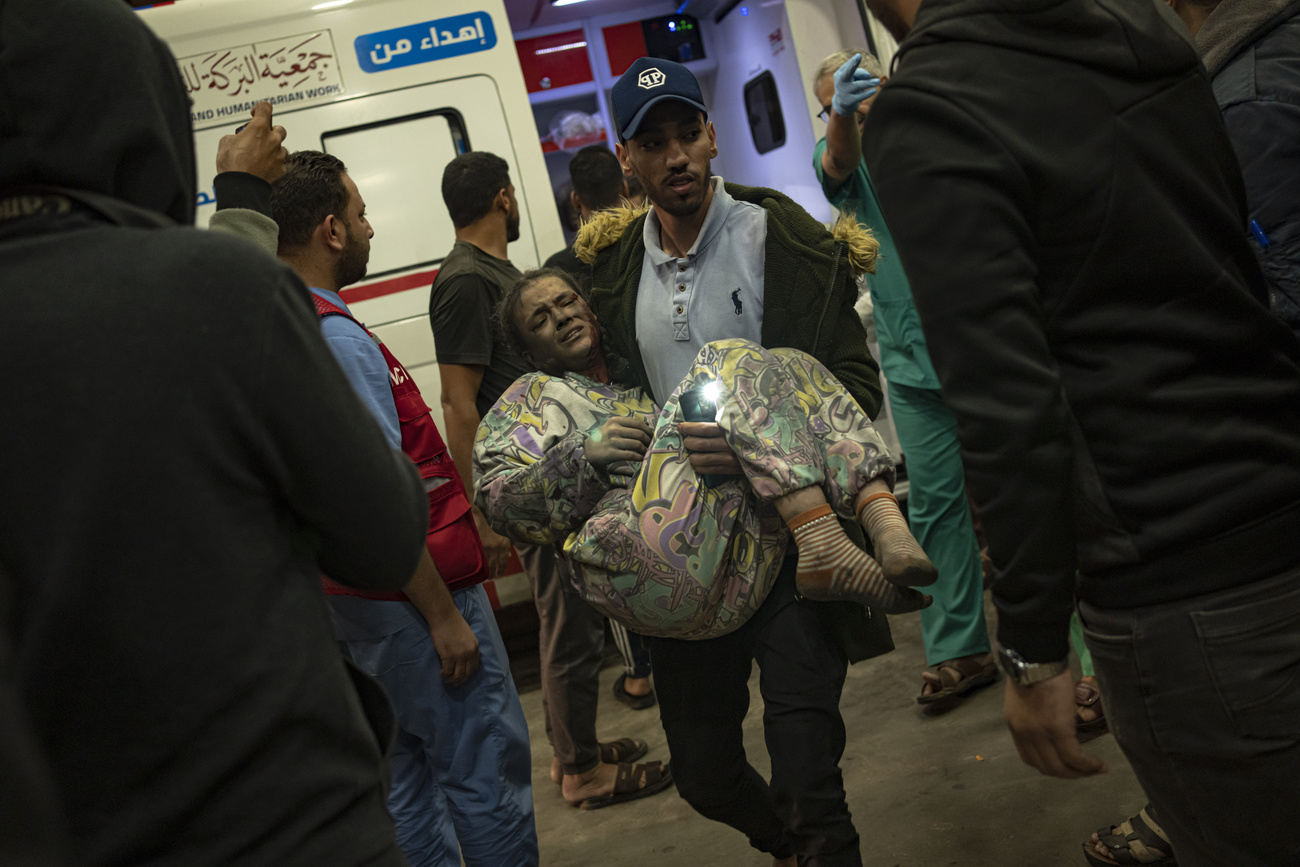
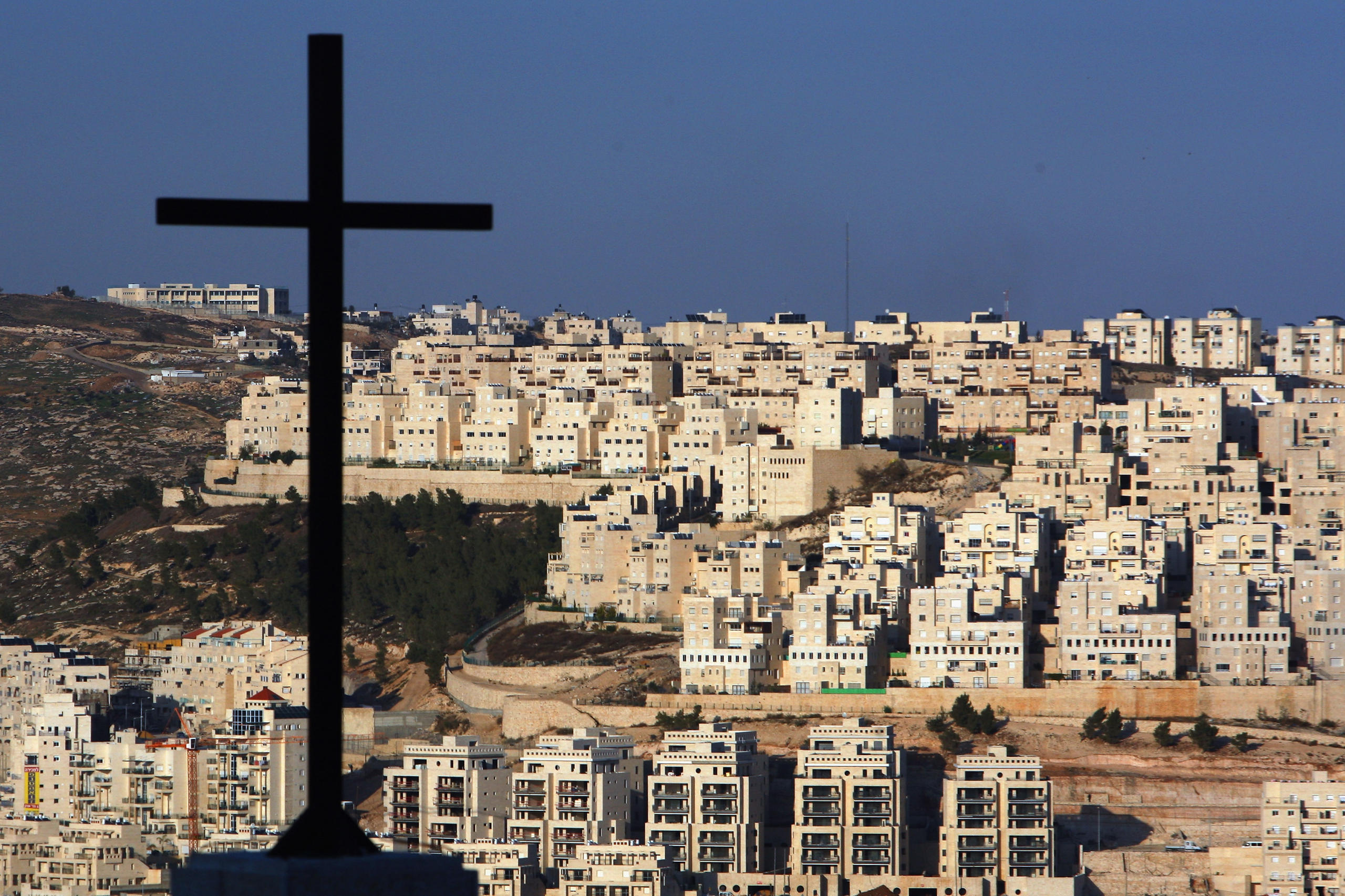
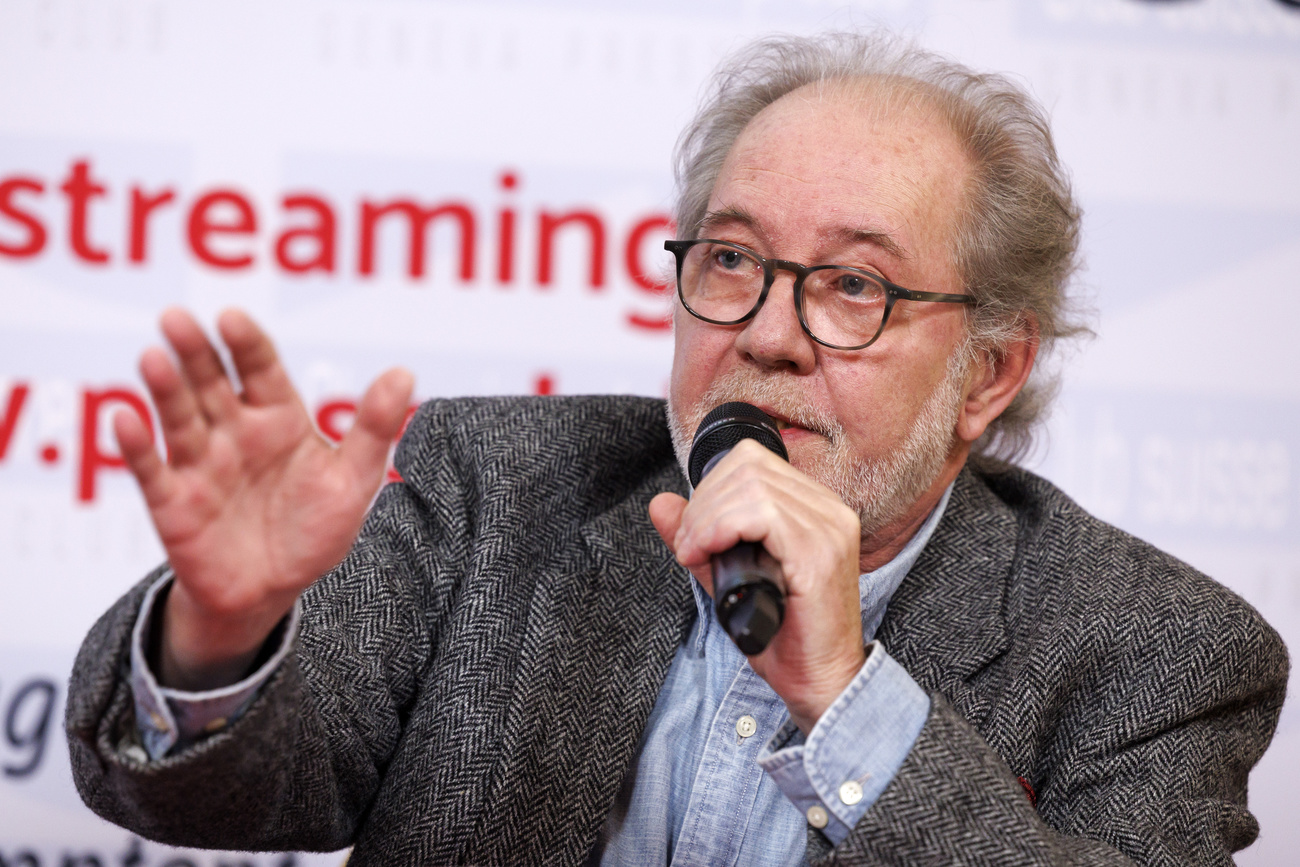
You can find an overview of ongoing debates with our journalists here . Please join us!
If you want to start a conversation about a topic raised in this article or want to report factual errors, email us at english@swissinfo.ch.